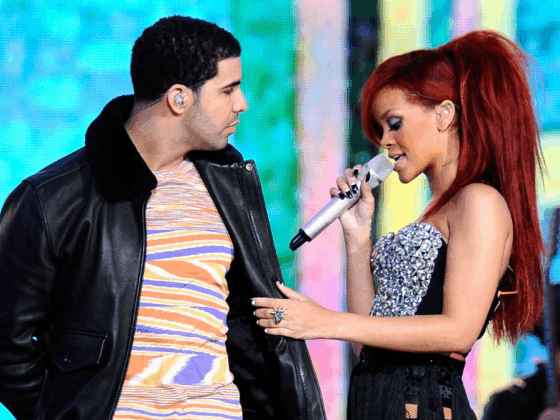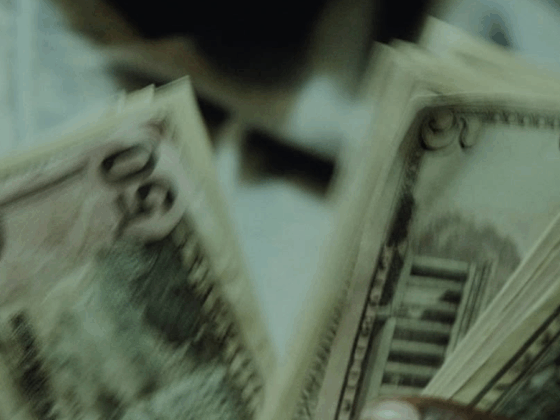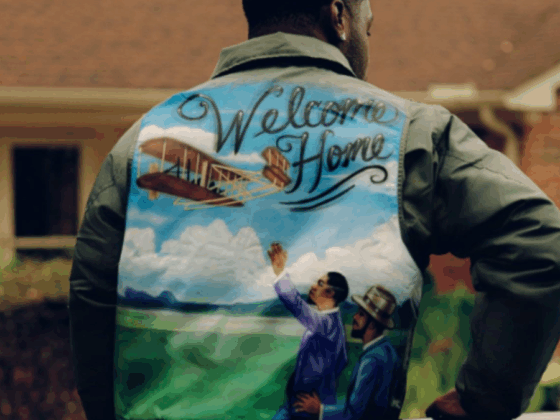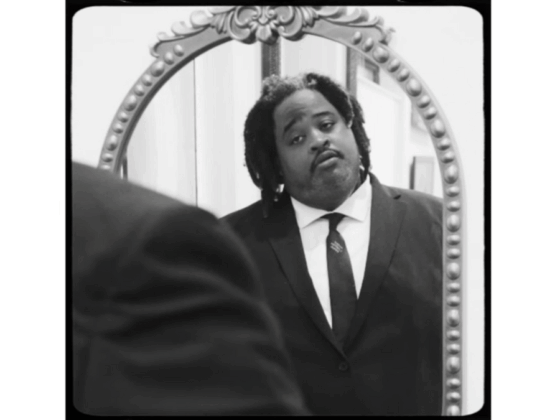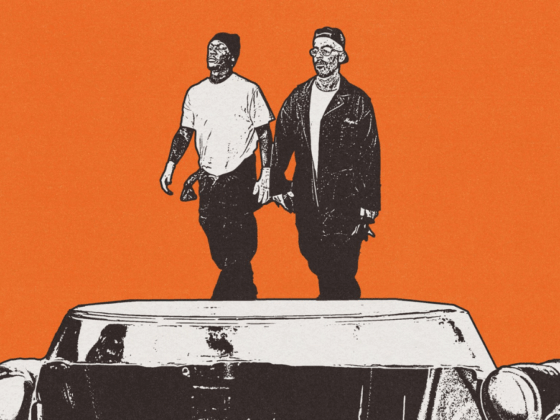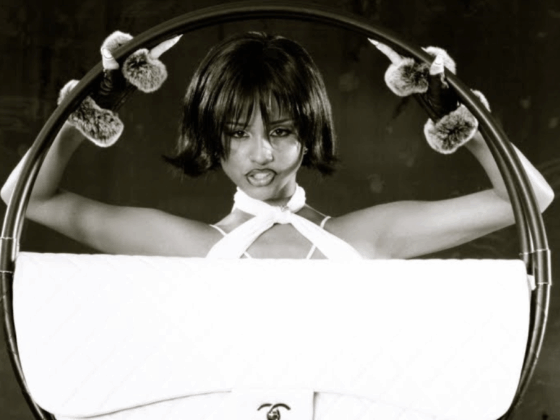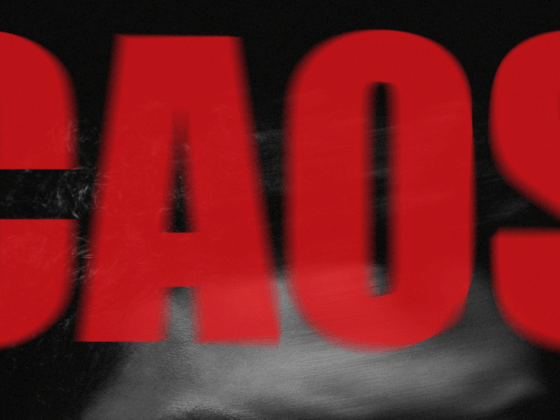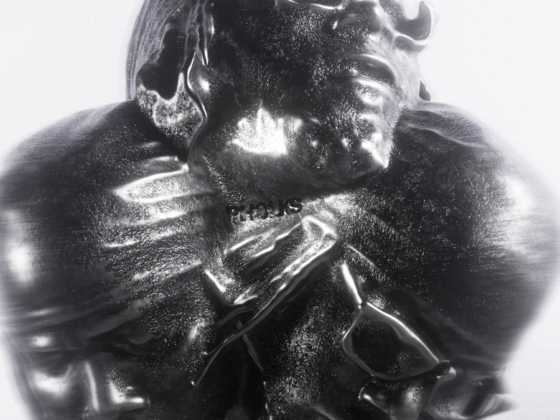
Life is 10% what you do and 90% what you do about it. For his entire life, Quinelle “Coach Q” Holder has been doing everything he can to support himself and those around him. Throughout the last decade, Holder has played a role in supporting some of the most innovative brands and artists. From his time at Hip Hop Since 1987 to his tenure as Desiigner’s road manager, Holder has worn many different hats. In the first part of our two-part conversation, Culture Editor Ryan Shepard and Holder discuss his career trajectory and his tools to success as a publicist.
The first question I had goes a bit further back in your career. Today, you work as a publicist. Before, you spent a lot of time as a writer, blogger, journalist, etc. During that time, you worked with Karen Civil, Hip Hop Since 1987 and a few other sites. From your perspective, how do you think the role of websites and blogs has changed from the early 2010s to 2020?
That’s such a good question. They’ve changed completely. The role of a blog in the 2010s was music discovery. In 2020, I would say the role of a blog is to give a credible cosign. The way that it’s shifted now is that there is so much payola. There’s so much sponsored content. Now, I can’t even say that it’s giving a credible cosign. I would say now it’s more like, “Hey, where were you for the last six months to a year while this artist was blowing up?” They are not music discovery platforms anymore. That is done by playlists, strategic digital content, or in the form of something that would have a viral effect.
I was telling someone else that when I started my personal blog, The Red Tag Society, Russ was sending me records. He was just sending me records and I posted them. I supported his career throughout the years. That’s what I was on. This dude was dope. That’s where I was at with it. It was music discovery.
I’ve been doing this for a long time and the wild part is that I’m still so young with it. I’ll turn 30-years-old in July. People will say they’ve been doing something 10 years and normally, you’ll think they’re starting at 30 or 40. For me to start at 20-years-old, I’ve got a load of experience because I have real-life experience plus the digital side.
In 2010, blogs were used for music discovery. In 2020, blogs are used as a supporting factor for what you’re doing and how you’re moving a certain away. Nowadays, if you don’t have a certain buzz or certain traction, they’re not even going to cover you. Editorial wise for a playlist, if you can’t secure proper pre coverage or post coverage once your song comes out, you’re less likely to land on an editorial playlist. The additional support that you would get is based on that, but for actual music discovery? No. There’s only a handful of places that still do it. You guys do a really good job of still trying to do that. Of course, DJ Booth does it. Pigeons & Planes did it, but I’m not going to lie. Ever since they folded back up into Complex, they haven’t really.
It’s even hard for me because most of the stuff I find is either by word of mouth, Soundcloud and Audiomack algorithms or playlists. Occasionally, I’ll find stuff through different Twitter accounts.
Yes, social media accounts. You know what? That helps answer that question for you better. I love that you brought that up. The blog had been transformed into social media accounts and playlists. Let’s take it even a step further. If an artist gets noticed by a website and they don’t post them on the blog, but they post them on their playlist, Twitter, Facebook and Instagram accounts, do they even care they didn’t get posted on the blog?
That’s true.
They don’t feel like they can show it off. Nine times out of ten, they’re not even going to share the blog article if it gets a social post. As a publicist, that kills me. I’ll be on my clients about that. Don’t ask me for anything if you didn’t retweet this, share this on your IG story and all of that other stuff. I’m serious about that. I also think that’s something that also gives me a certain level of leverage because unlike a lot of people who are successful in this space I really was and still am a journalist and a publicist. That’s actually taboo in itself.
“It’s great when something goes viral, but if you’re not included, you’re not included.”
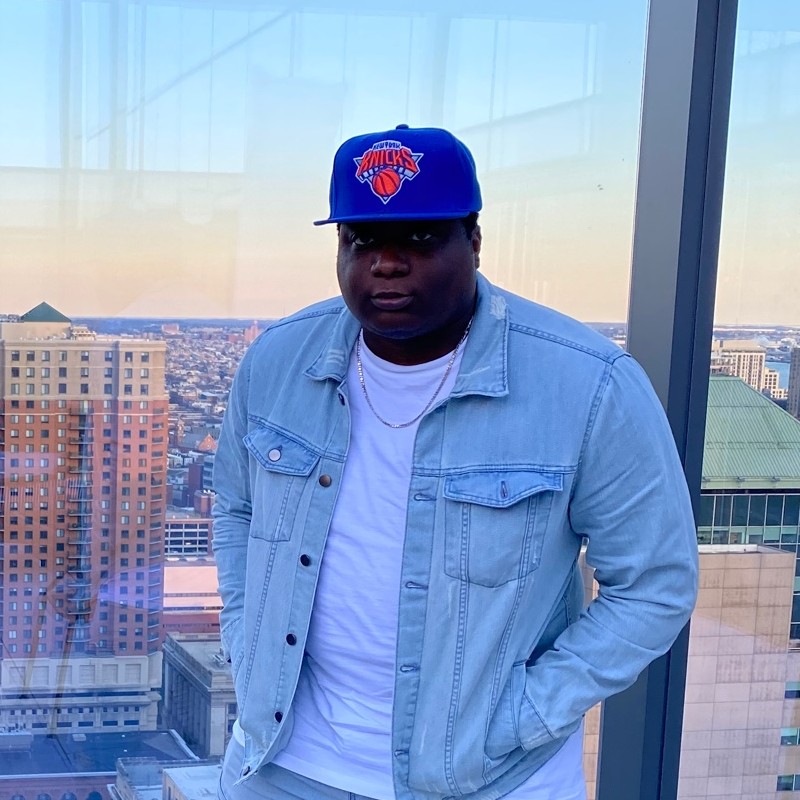
Continuing on the topic of social media, I saw that when you were at The Orchard, you worked a little bit with Reazy Renegade. I bring him up because I think he’s an interesting case in the world of social media. With how things are shared on social media, people were not getting the credit they deserved. Initially, Jalaiah Harmon wasn’t getting the credit she deserved. K Camp wasn’t truly getting the credit he should’ve gotten and then, Reazy Renegade wasn’t getting his credit even though his producer tag is in the clip of the song that is used. I guess what I’m getting at is this. Social media definitively has its positive, but as a publicist, what are the dangers you have to watch out for when a client is promoting their work on social media?
That’s such a great question. I’ll answer that question, but first, let me address the whole Reazy thing. Yes, I did work with Reazy when I was at The Orchard and it was one of my priority projects along with Rico Love. We still work a lot on and off. I’ve been going through and doing exactly what you’re talking about, which is correcting others. That’s how we got back on the same page because once I left The Orchard we weren’t working directly with each other. He was still over there and I saw somebody talking about the “Renegade” challenge. I think it was Revolt who had tweeted out a whole story and I just quote tweeted it. I wrote, “Yo, this is a cool article, but it’s missing a key factor here, Reazy Renegade. It’s his producer tag, which is the reason why this exists.” Shout out to the girl who made the dance and shouts out the K Camp, but this doesn’t exist without Reazy at all. It’s not even a thing [without him]. It doesn’t even come to fruition.
To answer your question, it can be bad because it’s things like that can happen. I think that has more to do with you being a forward going person and having your team together. There shouldn’t have been any way that the challenge started to move, but the credit wasn’t there especially if your tag is in it. Your team should have more eyes on it. For him, I am his team, so I guess the eyes were there. In between the time that I was at The Orchard and me working with him now, where were his eyes? If we’re talking about a digital game and you don’t have somebody scanning things for you all day for things like this, you’re going to lose out. I’m sure he went back over it because his lawyers are very good. They know how to get the paperwork and recover anything that they lost, but there’s time and crediting that were lost. By the time they started giving him his credit again, it was slowing down. It’s still doing very well, but to your point, you lose so much momentum. It’s great when something goes viral, but if you’re not included, you’re not included.
You’re right. I saw that she did a deal for the new Scooby-Doo movie.
That’s a blessing. She came up with that dance, did the work and I’m grateful for that. I just hate how the narrative was construed. They told the story of how those white girls from Tik Tok took the dance from her, which was true. The root of where all these challenges come from is the music and the fact that got kind of pushed to the back is corny to me. It feels like when it comes to our culture that happens so much. It starts with the beat. When you think about Africans and African-Americans, it starts with the rhythm. It starts with the beat. How are you going to disrespect the producer? Take away the beat and what challenges do you have?
There’s nothing. Unless someone is going to rap a capella, that’s about it.
If you take the beat away, there is no TikTok. If you take the music away, it’s not the same. Take away the actual production and let people rap. If you just put the vocals on that, it’s not going to be a challenge. It would never hit TikTok. I think that’s the piece that people are forgetting. I think that got missed, but we did our best. I came on later after I saw it and it was funny because I didn’t even do it for any other reason except for the fact that I just hate people not to get credited. People didn’t realize how big it is to not credit a producer with something that’s going viral. When the story went around, it was about how a young Black girl had her art taken from her. In those same stories, they were not even giving credit to the original Black creator of the whole thing. That’s nuts. How are you going to be like this isn’t right, but not give credit to everyone that helped put this together? I know people were trying to do right, but they could walk and chew gum at the same time. It didn’t have to be one or the other. Again, I think that’s the importance of a publicist and controlling your narrative.

Looking at things right now, I think that’s kind of what’s happening to Sleepy Hallow with the “Dead End Freestyle” song. I don’t know how well it’s doing streaming wise or how the TikTok numbers are translating to sales. With that being said, I don’t think all of these white kids that are using his song in their TikTok videos necessarily follow his music or know about his movement.
Continuing on the topic of publicity and publicists, one of the shows you worked on at All Def Digital was Arts & Raps. That’s one of my favorite shows and I think one thing that’s great about it is that it allows artists to show different sides of themselves. As a publicist, how do you identify brands and outlets outside of the norm that allows your clients to show different sides of themselves?
Again, I’ll answer it in two parts. Shout out to Amir Abbassy, who’s currently at Empire. Amir was instrumental in content development. Amir helped develop those and he helped to create Arts & Raps for All Def Digital, so I always want to give him credit. He’s also from VA, so that’s big bro. Everybody knows him from that, but he’s original Roc-A-Fella. That guy is such a good dude, so I always want to give people credit for even coming up with that.
As far as finding out of the box opportunities, the biggest thing is having a conversation with your client. Ask them about them. What’s their everyday life like? That’s what we’re selling these days. We’re not even really selling music anymore. You’re selling a lifestyle. Music is in the background. You’re selling a lifestyle and an experience. As a result, you need to know what their lifestyle is and showcase it in the right way. To figure that out, you have to talk to your client. I don’t know if you saw it, but Pusha and Khari 1K did a Twitch stream. I think they played Call of Duty or whatever, but that’s because both of them play games. Even with something like an Arts & Raps, there are people who have kids or they have a bunch of brothers and sisters so it’s something that would appeal to them. To know that, you have to have those conversations.
Check out part two of our interview with Quinelle “Coach Q” Holder. In the second part of the conversation, Holder discusses his life as a new father and managing his work-life balance.
